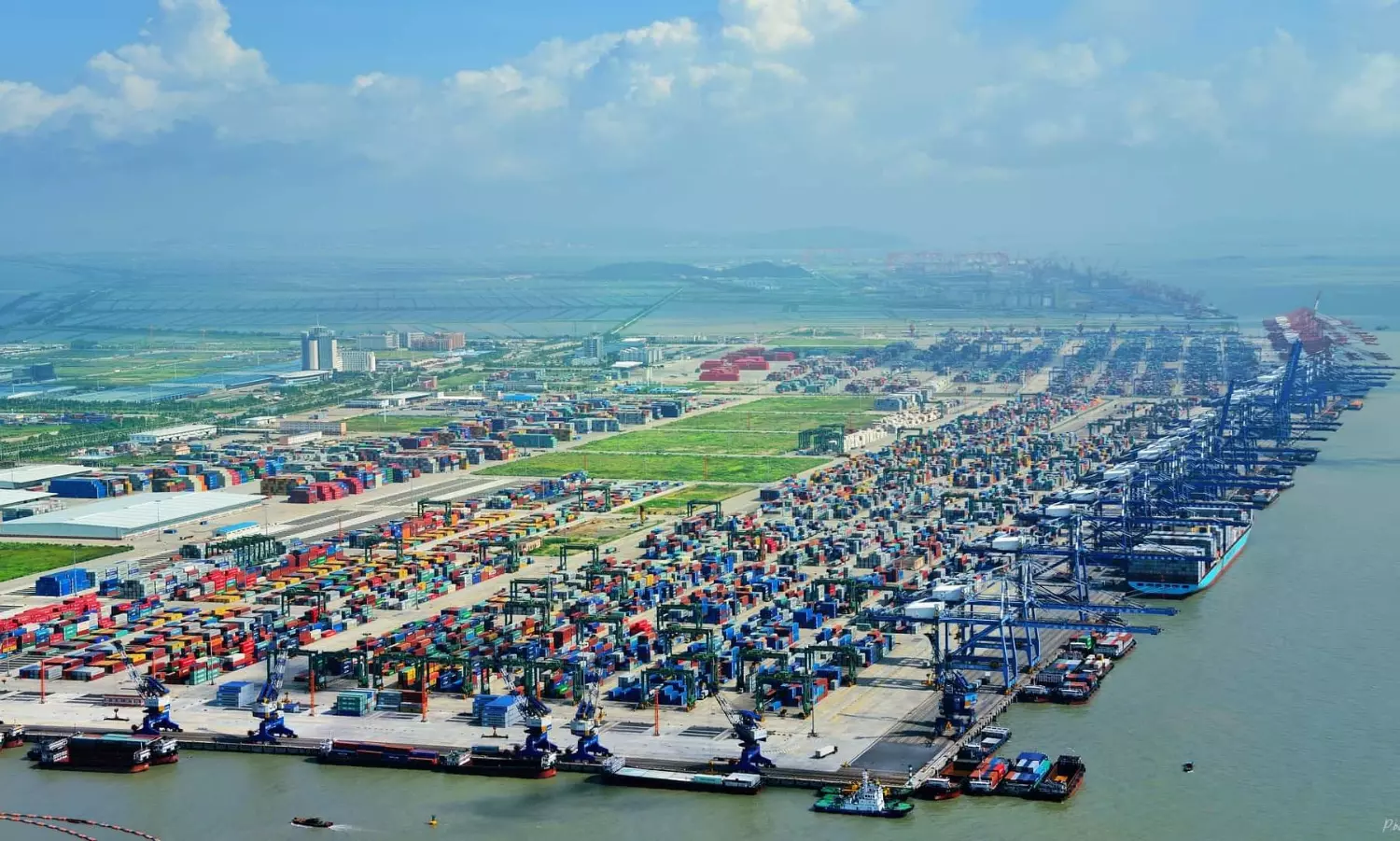Port authorities retendering some terminal concessions: Drewry
Globally, general preference is to renew or extend with incumbent operator.

While the majority of container terminal concessions are extended or renewed, a small but growing proportion have been allowed to expire, according to recent research published by Drewry.
As the original wave of container terminal privatisations from the 1990s and 2000s approach the end of their initial terms, Drewry finds that changes in market forces have shifted the risk/reward balance for port authorities towards retendering the concession in certain conditions. "However, globally the general preference is to renew or extend with the incumbent operator."
Drewry reviewed 27 concessions that were renewed, extended or had expired over the past three years, and while the majority (21 out of 27) were awarded to the incumbent operator via renewal or extension of the initial concession, six were allowed to expire.
"Looking back to the first wave of port concessions, there was considerable variation in risk between emerging and developed markets. However, while political and economic risks in emerging markets remain high, other risks such as labour reform, infrastructure and market are now much lower.
"Port authorities should decide well in advance of concession expiry whether to extend, renew or retender the terminal concession. A formal public tender is an expensive and time-consuming process and there is no guarantee it will result in the best outcome overall."
The received wisdom, according to Drewry, suggests that port authorities are better off following the "If it ain’t broke, don’t fix it" philosophy – "meaning that they should look to renew or extend with the incumbent if they are performing adequately."
Drewry believes that retendering a port terminal concession in a mature market with competing terminals either within the same port complex or serving the same hinterland is unlikely to achieve significant gains for the port authority. "Therefore, given the costs of running a public tender, the uncertainty surrounding the process and the inherent risks involved in changing a terminal operator, it is more sensible to approach these concessions with an extend/renew framework. This enables the port to obtain commitments to reinvest and upgrade the terminal asset over the extended timeframe.
"However, in less mature but still proven markets with more growth potential, a formal retender process is much more likely to achieve significant gains, and, importantly, the rebalancing of risk and reward compared to the original concession - signed when the market was less certain. This is especially the case for those terminals with no direct competition in the same port."
While the majority of concessions are expected to be extended or renewed with the incumbent operator, emerging global terminal operators are anticipated to show strong appetite for those that are re-tendered, particularly given the paucity of new concession opportunities, the update added. "Market fundamentals remain key, and only those concessions with growth potential and realistic expectations from the port authority will result in a win-win for both public and private sector partners."


